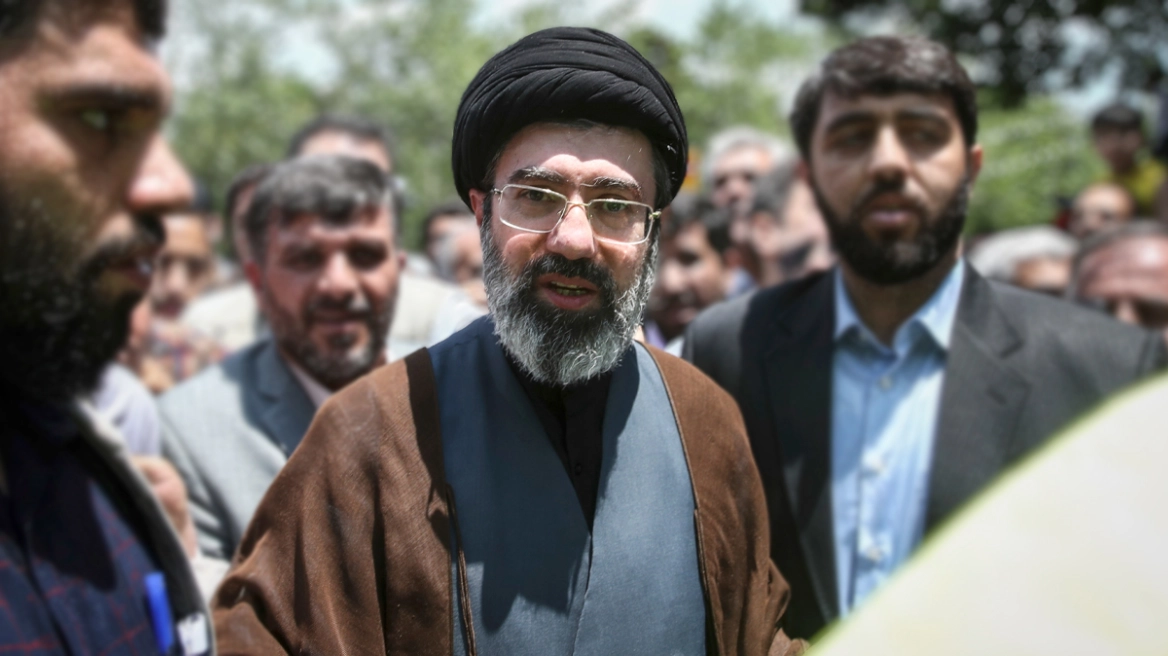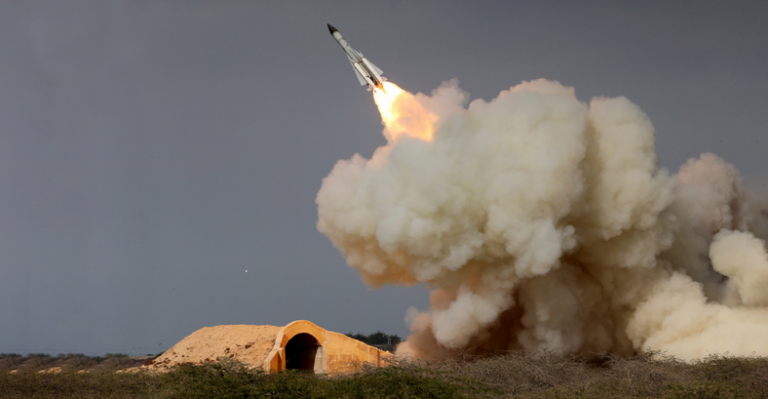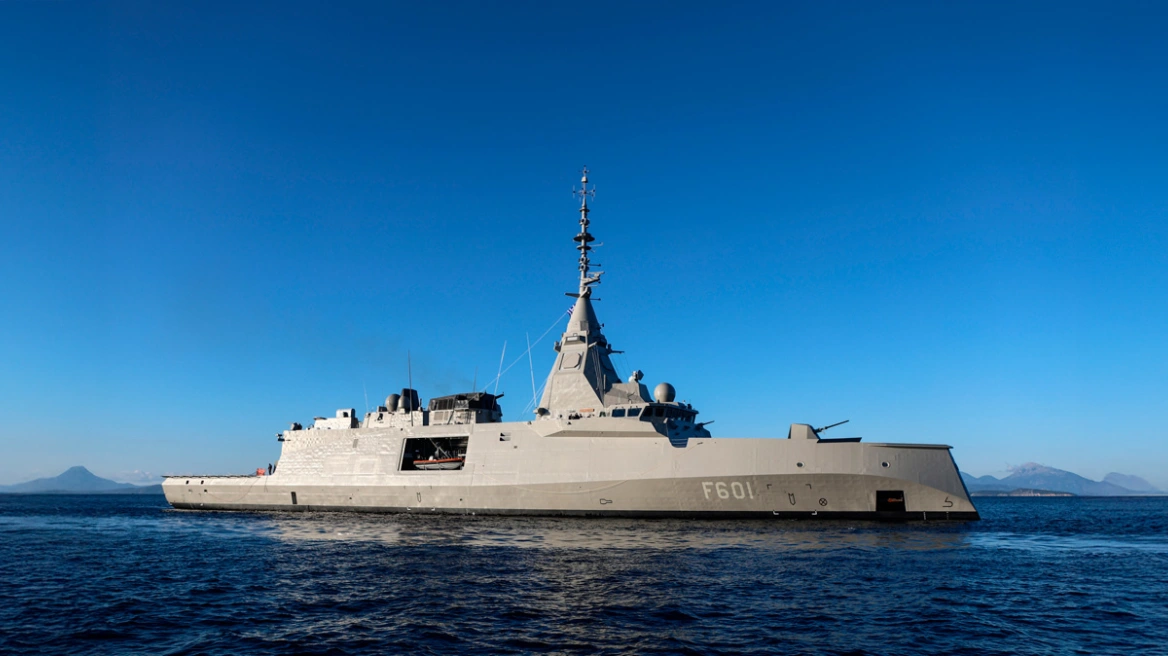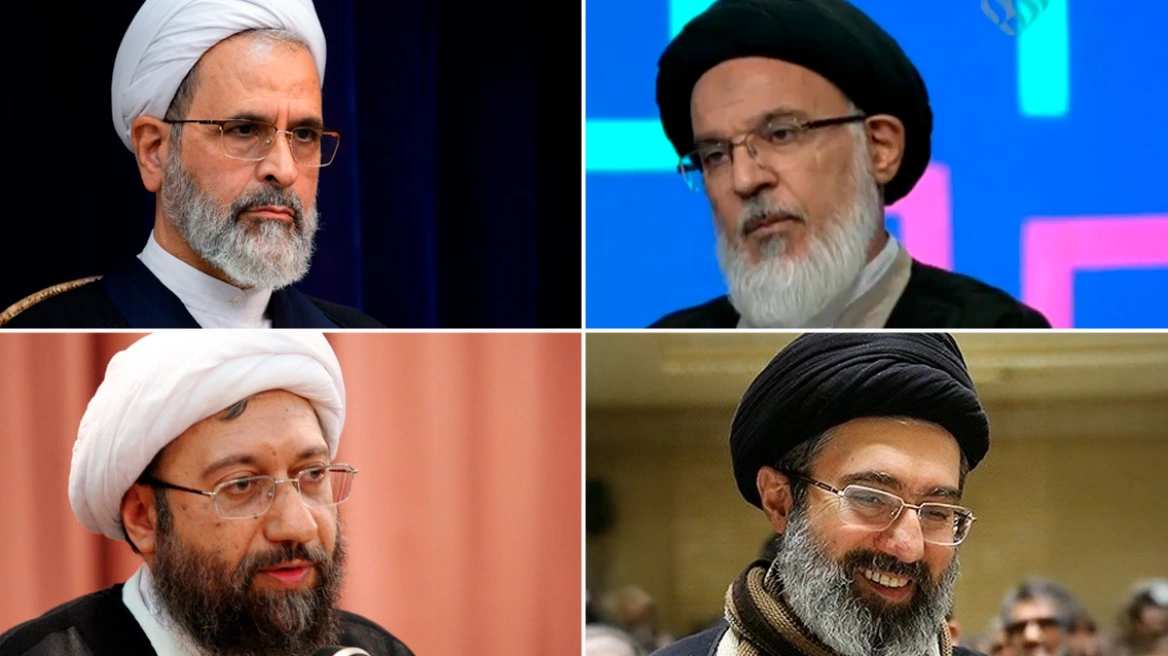The Minister of Immigration and Asylum spoke about the increasing trend of migration flows, cooperation with Turkey on migration and the return of migrants on SKAI television.
“There is no doubt that the flows have increased,” Panagiotopoulos said, stressing that the upward trend has started since the end of last year and continues steadily throughout 2024. “The trend is increasing and this is certainly worrying. Our system, I have said many times, is currently holding up, barring a dramatic contingency. One dramatic contingency that may not be so unexpected is an even greater flare-up in Lebanon, where of course if the conflicts there start to become more generalized, we will have another additional flow to the West, through the Mediterranean. Cyprus will be put under extreme pressure, and Greece and Turkey are also expected to be put under pressure. What the Prime Minister said yesterday in New York, in the aftermath of his meeting with Erdogan, and it was a key topic of their discussion, is that in this part, in the management of migratory flows, Greece and Turkey have something to gain if they both cooperate,” the minister said.
He added that there is room for cooperation with the neighbouring country and this is evident from the results that it has yielded on the Evros front and that is why an organized coordination with the Turkish authorities is needed, while he confirmed his upcoming meeting with his Turkish counterpart, Ali Yerglikaya.
“From Evros the flows are reduced. Slightly, about 5%, but still reduced. It is also easier because certainly the construction of the wall, has limited the entry points and therefore makes it more difficult to enter Greece or Europe. On the islands and at sea it is a different situation. We have again a marginal decrease from the North Aegean, the Lesvos structure accommodates about a thousand, it’s about a historic low at this time. I remember earlier times when it was 15,000” Panagiotopoulos said.
Referring to the recent shipwreck of Samos and the action of traffickers, he noted: “The Samos shipwreck, for which we all regret, shows how dangerous the journey is, even if it is a short one to two miles from the Asia Minor coast to our islands. If the journey is made in a very fast speedboat in rough seas the speedboat cannot pick up speed and when it does it endangers the lives of the passengers.
Another issue that apparently made the Prime Minister say, let’s see how these speedboats don’t get started. Because they can’t hide these boats when they’re being taken to the coast. It’s not an inflatable boat that you take to the shore, you take the pump, you inflate it, you get as many people in as you can and you drop it off and you’re gone. It’s not like that. The speedboat cannot be hidden. It is more organised and in any case it is transported and does its work within the operation of a criminal organisation or many, which is the traffickers. That is therefore where we must focus our attention on. We don’t talk much about the smuggling rings, these criminal organisations that exploit people. And of course they’re putting their lives at risk, they’re taking them across in 5 and 6 Beaufort winds and the speedboat has a serious risk of capsizing.”
Panagiotopoulos also said that the increased presence of Frontex is necessary, while reiterating that there is no possibility of mass illegal immigrant returns from Germany. “We have made it clear to the Germans. I saw them about 10 days ago in Berlin. I had a very good, reasonable discussion. Individual returns are provided for by the current European legal framework, either Dublin 3 or the provisions on granting refugee status, asylum, to those who enter European territory illegally. For individual returns, it is already provided for and we are not waiting for the announcements to be made before it comes into force. Very few have come because there are some problems in the field,” he noted.The minister concluded by saying that Greece has returned more than 4,000 migrants whose asylum applications were rejected.
Ask me anything
Explore related questions





